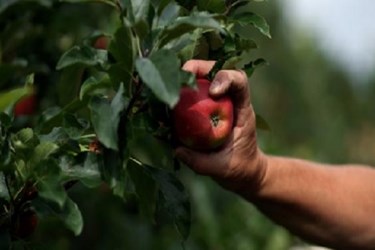South Africa's Agro-Processing Industry Shows Great Growth Potential
By Isaac Fletcher, contributing writer, Food Online

Proven to be a resilient sector with continued growth and potential for job creation, agro-processing in South Africa must capture more value from food exports currently being gained by retailers abroad
South Africa’s $4.5 billion agro-processing industry has been identified by the Department of Trade and Industry as a key sector to be promoted due to its link to agriculture and its job-creation potential. Trade and Industry Minister Rob Davies states, “Despite the continued ripple effect of the 2008 economic meltdown, food processing continues to be resilient, and it is one the largest manufacturing sectors by employment with an estimate of 207,893 jobs in the third quarter of 2013 against a backdrop of job losses in other parts of the sector.” He goes on to add, “It is also significant in value-addition terms, contributing a significant composition of total manufacturing value-added.”
The South African government’s New Growth Path (NPG) and National Development Plan (NDP) both mark agro-processing as a sector with high growth potential, even in spite of challenges of competition from imports, loss of market, and unstable currency exchange rate. The sector could act as a catalyst for the industry, creating jobs and addressing some of the country’s macroeconomic issues like its trade deficit generated by too many imports and not enough exports.
Davies argues that an analysis of the country’s imports shows opportunities in products like wheat, soybeans, vegetable oils, and starches. He adds that the government would “Intervene and support the sector where it is necessary to remain competitive and stable.” The government’s Manufacturing Competitiveness Enhancement Program (MCEP) has already identified 564 projects for investment support and approved about $140 million for this purpose since its creation in 2012. The South African government is paying particularly close to food standards for the purpose of compliance with the country’s export markets.
Additionally, Davies explains that a strong and globalized buyer’s market means that 40 to 45 percent of the final price of fruit products sold abroad was captured outside of South Africa, a share that, he argues, is far too large and should be addressed through more equitable gain-sharing. As it stands, supermarkets, logistics companies, and other third-party agents are capturing value that should belong to South African producers. Davies has met with CEOs and representatives of various food processors to discuss the many challenges facing the industry. He urges these producers to look into their marketing channels and remove third-party agents, engage more aggressively with foreign retailers, and diversify their markets.
